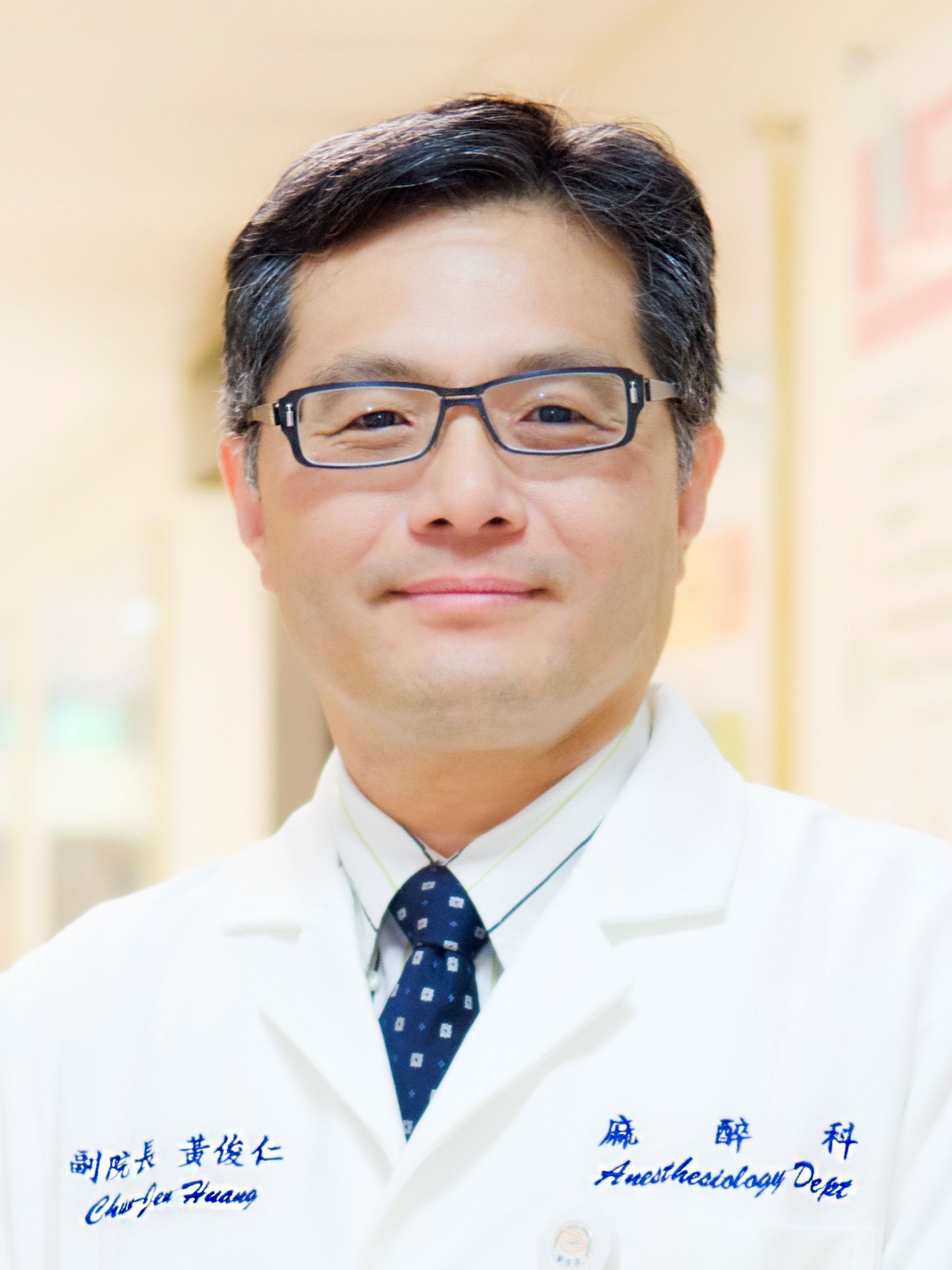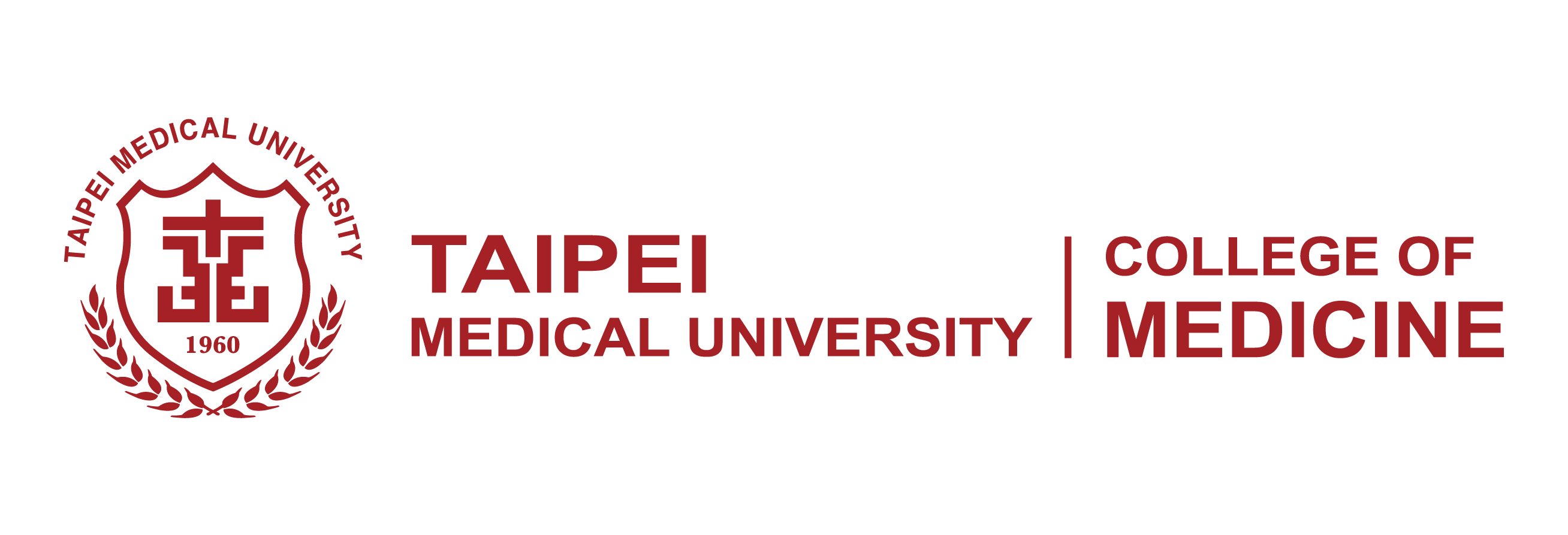Research | Departments
Research
Departments
Research | Departments
Research
Departments
Dr. Huang and his colleagues have established a robust research platform encompassing animal models of diverse diseases, as well as in-depth proteomics and transcriptomics analyses coupled with bioinformatics assessments. This integrated approach aims to pinpoint novel therapeutic targets holding significant promise for treatment. The research platform is not only dedicated to the identification of these targets but also to the development of innovative therapies based on them. This involves the utilization of specially designed peptides, exosomes sourced from mesenchymal stem cells, engineered exosomes rich in specific microRNAs derived from stem cells and non-stem cells, and a controlled-release system employing nano-techniques, such as hydrogels. The efficacy of these groundbreaking therapies will be rigorously validated through experiments conducted on the established animal models within Dr. Huang’s laboratory.


Email | cjhuang@tmu.edu.tw
Profile | Academic Hub/Pure Experts
Professor (MD, PhD)
Pain Medicine, Pharmacology, Anesthesiology, Critical Care Medicine
Anti-inflammation Laboratory
Dr. Huang is an expert in clinical anesthesia, critical care medicine, pharmacology, and molecular biology. His research is centered on modulating acute and chronic inflammation, the pivotal disease mechanism. Professor Huang is dedicated to advancing innovative therapies for challenging clinical conditions, such as sepsis, ARDS, lung fibrosis in ARDS survivors, non-alcoholic fatty liver, liver fibrosis, and asthma-induced lung fibrosis. Employing a comprehensive approach, his work involves cellular studies, animal experiments, and clinical investigations. Dr. Huang’s substantial contributions to the field are evident in his authorship of over 170 scientific papers published in internationally renowned medical journals.
–
–
–
–
M.D. , Ph.D. (Co-investigator)
M.D. (Co-investigator)
Ph.D. (Doctoral researcher)
M.S. (lab manager)
M.D. (PhD student)
M.D. (PhD student)
M.D. (PhD student)
M.D. (PhD student)
M.D. (PhD student)
M.D. (PhD student)
M.D. (PhD student)
Chiang Morales MD, Chang CY, Le VL, Huang IT, Tsai IL, Shih HJ, *Huang CY. (2022, Oct).
High fructose/high fat diet downregulates the hepatic mitochondrial oxidative phosphorylation pathway in mice compared to high fat diet alone.
Cells 11: 3425.
Abstract
–
Chang CY, Chen KY, Shih HJ, Chiang M, Huang IT, *Huang YH, *Huang CJ (2022, Jan).
Let-7i-5p mediates the therapeutic effects of exosomes from human placenta–derived mesenchymal stem/stromal cells on mitigating endotoxin-induced mortality and liver injury in high-fat diet–induced obese mice.
Pharmaceuticals 15: 36.
Abstract
–
Shih HJ, Chang CY, *Lai CH, *Huang CJ. (2021, Jun).
Therapeutic effect of modulating the NLRP3-regulated transforming growth factor-β signaling pathway on interstitial cystitis/bladder pain syndrome.
Biomedicine & Pharmacotherapy 138: 111522.
Abstract
–
Chang CY, Hsu HJ, Foo J, Shih HJ, *Huang CJ. (2020, Sep).
Peptide-based tumor necrosis factor-α binding decoy therapy mitigates lipopolysaccharide-induced liver injury in mice.
Pharmaceuticals 13: 280.
Abstract
–
Chang YY, Lin TY, Kao MC, Chen TY, Cheng CF, Wong CS, *Huang CJ (2019, Apr).
Magnesium sulfate inhibits binding of lipopolysaccharide to THP-1 cells by reducing expression of cluster of differentiation 14.
Inflammopharmacology 27: 249-260.
Abstract
–







 Total Users : 216170
Total Users : 216170 Yuan-Hung Wang王淵宏
Yuan-Hung Wang王淵宏 